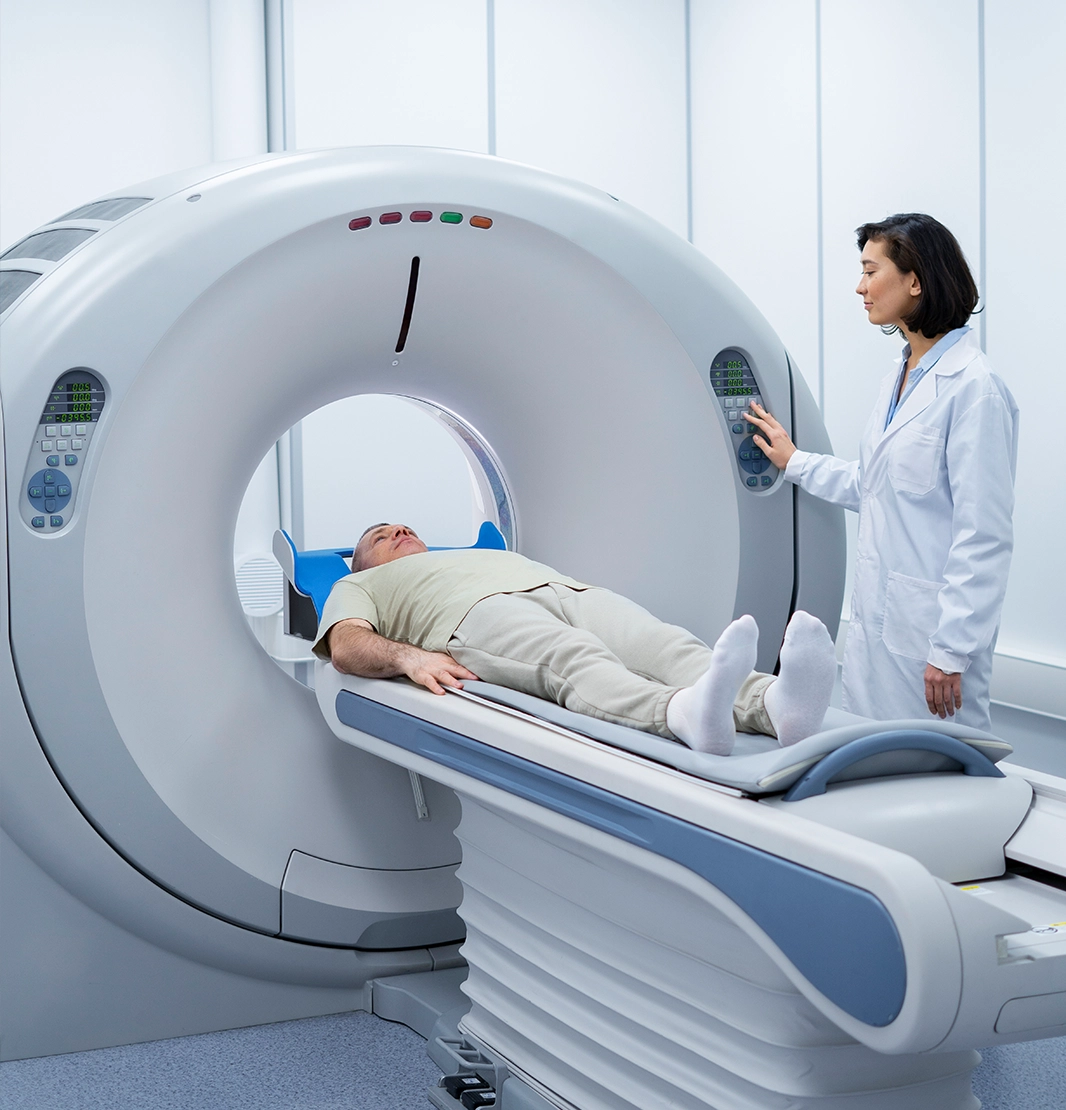
Welcome to Bhagwan Mahaveer Cancer Hospital & Research Centre (BMCHRC), a beacon of hope and healing for individuals confronting Infectious diseases. Our institution stands as a pillar of comprehensive care, where cutting-edge treatments merge with compassionate support to guide patients towards optimal health outcomes.
At BMCHRC, we provide comprehensive care for infectious diseases, addressing not only the physical symptoms but also the emotional and social aspects of our patients' well-being. Our services extend beyond medical treatment to include support programs, educational resources, and counseling to ensure holistic care for patients and their families.

At BMCHRC, we provide comprehensive care for infectious diseases, addressing not only the physical symptoms but also the emotional and social aspects of our patients' well-being. Our services extend beyond medical treatment to include support programs, educational resources, and counseling to ensure holistic care for patients and their families.

Our infectious diseases team at BMCHRC consists of highly skilled professionals from various disciplines who work collaboratively to deliver personalized care to each patient. By leveraging the expertise of infectious disease specialists, microbiologists, pharmacists, and other healthcare professionals, we develop tailored treatment plans that consider all aspects of the patient's condition

BMCHRC's infectious diseases facilities are equipped with state-of-the-art technology and resources to provide patients with the highest standard of care. From advanced diagnostic tools to specialized treatment areas, our facilities are designed to optimize patient outcomes while ensuring comfort and safety.

Accurate diagnosis is crucial for effective management of infectious diseases. At BMCHRC, we utilize cutting-edge diagnostic services, including molecular testing, serological assays, and imaging techniques, to identify pathogens and determine the most appropriate treatment approach for each patient.

As a leading research institution, BMCHRC is actively involved in clinical trials and research studies aimed at advancing our understanding of infectious diseases and improving treatment outcomes. Through participation in clinical trials, eligible patients may have access to innovative therapies not yet widely available.

At BMCHRC, we recognize the importance of involving families in the care of patients with infectious diseases. Our approach is family-centered, with a focus on open communication, education, and support to help families navigate the challenges associated with the condition and actively participate in treatment decisions.
.webp)
Empowering patients and families with knowledge is a key component of our infectious diseases services. BMCHRC provides educational resources, workshops, and advocacy initiatives to raise awareness about infectious diseases, promote prevention strategies, and reduce stigma associated with these conditions.
Managing infectious diseases often requires long-term care and monitoring. BMCHRC offers comprehensive follow-up care to monitor disease progression, manage complications, and optimize treatment outcomes. Our goal is to support patients throughout their journey towards improved health and well-being, providing ongoing support and guidance as needed.
Meet our esteemed team of medical professionals, each equipped with years of specialized expertise and unwavering dedication to patient care.
Request a callback from our healthcare specialist
Infectious Diseases are Disorders caused by Pathogenic Microorganisms such as Bacteria, Viruses, Fungi, or Parasites. They encompass a wide range of conditions, including but not limited to, Bacterial Infections, \Viral Infections, Fungal Infections, and Parasitic Infections.
Infectious Diseases are caused by pathogens that can be transmitted from person to person or from animals to humans. Unlike some medical conditions that may be non-communicable, Infectious Diseases have the potential to spread within communities and populations.
Symptoms of Infectious Diseases vary depending on the specific Pathogen involved but may include Fever, Fatigue, Cough, Sore Throat, Diarrhea, Vomiting, Rash, and Body Aches. The presentation of symptoms can also vary based on the affected organ system.
Infectious Diseases are diagnosed through a combination of medical history, physical examination, and diagnostic tests. These tests may include Blood Tests, Cultures, Imaging Studies, Molecular Assays, and Serological Tests, depending on the suspected Pathogen.
Treatment for Infectious Diseases depends on the specific Pathogen and may include Antimicrobial Therapy (such as Antibiotics, Antivirals, or Antifungals), Supportive Care Interventions, Immunotherapy, and Symptom Management.
Preventive measures for Infectious Diseases include Vaccination, good hand hygiene, Covering Coughs and Sneezes, practicing safe food handling, avoiding close contact with sick individuals, and following public health guidelines during outbreaks.
Yes, Vaccines are available for many Infectious Diseases, providing protection against specific Pathogens. Vaccination is a crucial preventive measure in reducing the incidence and spread of Infectious Diseases within communities.
Antimicrobial Resistance occurs when Microorganisms develop the ability to resist the effects of Antimicrobial Drugs, making infections harder to treat and increasing the risk of spread to others. It is a significant global health concern that requires concerted efforts to address.
Your risk for specific infectious diseases may depend on factors such as your age, occupation, travel history, immunization status, underlying health conditions, and lifestyle factors. Consultation with a healthcare provider can help assess your individual risk factors.
Yes, certain infectious diseases, known as Zoonotic diseases, can be transmitted from animals to humans. Examples include Rabies, Lyme Disease, Ebola Virus Disease, and Avian Influenza.
If you suspect you have an Infectious Disease, it is important to seek medical attention promptly. Your healthcare provider can evaluate your symptoms, perform necessary tests, and recommend appropriate treatment or preventive measures.
During a disease outbreak, it is essential to follow public health guidelines, stay informed about the latest developments, practice good hygiene, adhere to quarantine or isolation protocols if advised, and seek medical care if you develop symptoms of illness.
Yes, travelers should take precautions to protect themselves from infectious diseases when visiting areas with known risks. This may include getting vaccinated, taking preventive medications, practicing safe food and water hygiene, and avoiding contact with sick individuals.
There are various resources available for individuals affected by Infectious Diseases, including healthcare providers, public health agencies, support groups, and online information portals. These resources can provide guidance, support, and access to essential services.
Staying informed about infectious diseases requires accessing reliable sources of information, such as reputable healthcare websites, government health agencies, and academic institutions. Following updates from public health authorities and subscribing to relevant newsletters or alerts can help you stay informed about the latest developments and recommendations.